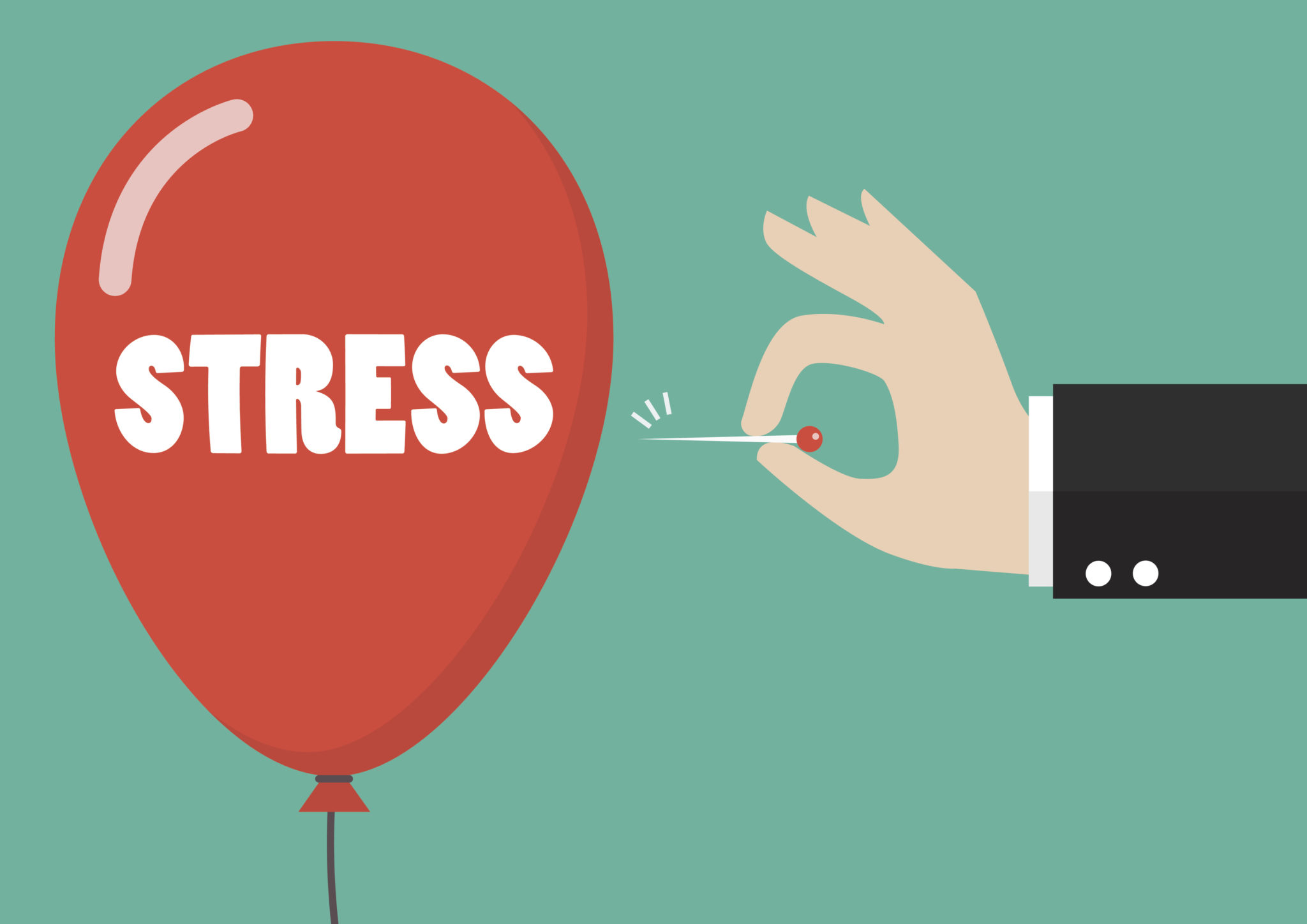In our prior two segments on striving toward a healthier lifestyle, we discussed the known benefits of following a consistent exercise program, as well as maintaining or improving our fitness level through strength training and good nutrition.
However, the discussion would not be complete if we did not discuss stress and its potential for impacting our health. According to Dr. Michael Blaha, a cardiologist at Johns Hopkins Medical Center, stress can be a serious risk factor for the development of high blood pressure and heart disease. Additionally, several studies now demonstrate a relationship between stress and an increased risk of stroke. The risk can increase in the presence of other factors, including obesity, poor diet and smoking.
Some degree of stress is a normal part of life, including short duration stress such as being stuck in traffic or meeting a work deadline. However, long term stress, such as hating your job or worrying about financial problems, can cause excessive amounts of the hormone cortisol to build up. High levels of cortisol can raise cholesterol, triglycerides, blood pressure and even result in weight gain.
Researchers have concluded that jobs with high demands are associated with an increased risk of stroke compared with jobs where the pressures are lower. Surprisingly, even stress related to enjoyable events can raise your risk of a heart emergency. During a recent World Cup soccer event in Germany, heart attacks more than doubled during days when the nation’s team was playing (University of Rochester).
STRATEGIES
As highlighted in segment one, exercise can be an effective tool to managing stress. Research suggests that exercise helps to improve mood and may even aid in the treatment of depression https://www.everydayhealth.com. There are many other strategies that can help manage stress.
Begin by setting aside time for yourself and doing something you enjoy. This could be reading a book, going to see a movie or working on a puzzle. Volunteering, spending time with your pet or working in the garden can also be helpful. Be positive in your thoughts and words.
Negative thinking increases stress, while positive self-talk can help keep you calm. For example, instead of saying, “I can’t do this,” say “I’ll do the best I can. I’ve got this.” Instead of saying, “I hate it when this happens,” say, “I know how to deal with this – I’ve done it before.” Be assured that people are human and we all make mistakes.
RELAXATION TECHNIQUES
Meditation, prayer, guided imagery, yoga, and breathing exercises can help lower your blood pressure, heart rate, and breathing rate. The benefits of imagery and deep breathing exercises are that they can be done almost anywhere and at any time, offering convenient and timely relief from short term stress.
Even taking a quiet walk, or communing with nature, can be very therapeutic for managing stress.
GOAL SETTING
Setting short term goals can provide a sense of accomplishment and lower stress. Meeting these realistic short-term goals can provide a sense of control and optimism. Areas for goal setting can include career, relationships, creativity, play, and health.
For those sudden stress events, here are some stress busters to help you defuse stress in the moment:
• Count to 10 before you speak or react to a sudden event
• Take a few slow, deep breaths until you feel your body unclench a bit
• Go for a walk, give yourself a chance to think things through
• If it’s not urgent, sleep on it and respond with a calmer perspective in the morning
• Break down big problems into smaller parts, take one step at a time
• Tune in to your favorite music or song, feel free to dance along
• Hug a loved one or do something to help someone else
According to clinical nutritionist Josephine Tutrani, “it is important to get enough protein in the morning to lower harmful cortisol.” She recommends 20-30 grams of protein, equivalent to a protein shake, an omelet consisting of 2 eggs + 2 oz. of turkey, or 1 cup of Greek yogurt or cottage cheese. In addition to adequate protein, Tutrani recommends certain vitamins and herbs, including vitamin C, phosphatidylserine, theanine, GABA, and ashwagandha. For more information on these herbs, you can visit www. naturalhealthdiets.com.
And finally, and just as importantly, get enough sleep, typically 7-8 hours is good.
Know that not all strategies work for all people, and always feel free to talk to someone, whether a friend, family member, pastor or professional counselor. If these holistic coping strategies are insufficient, a medical consultation may be necessary.




